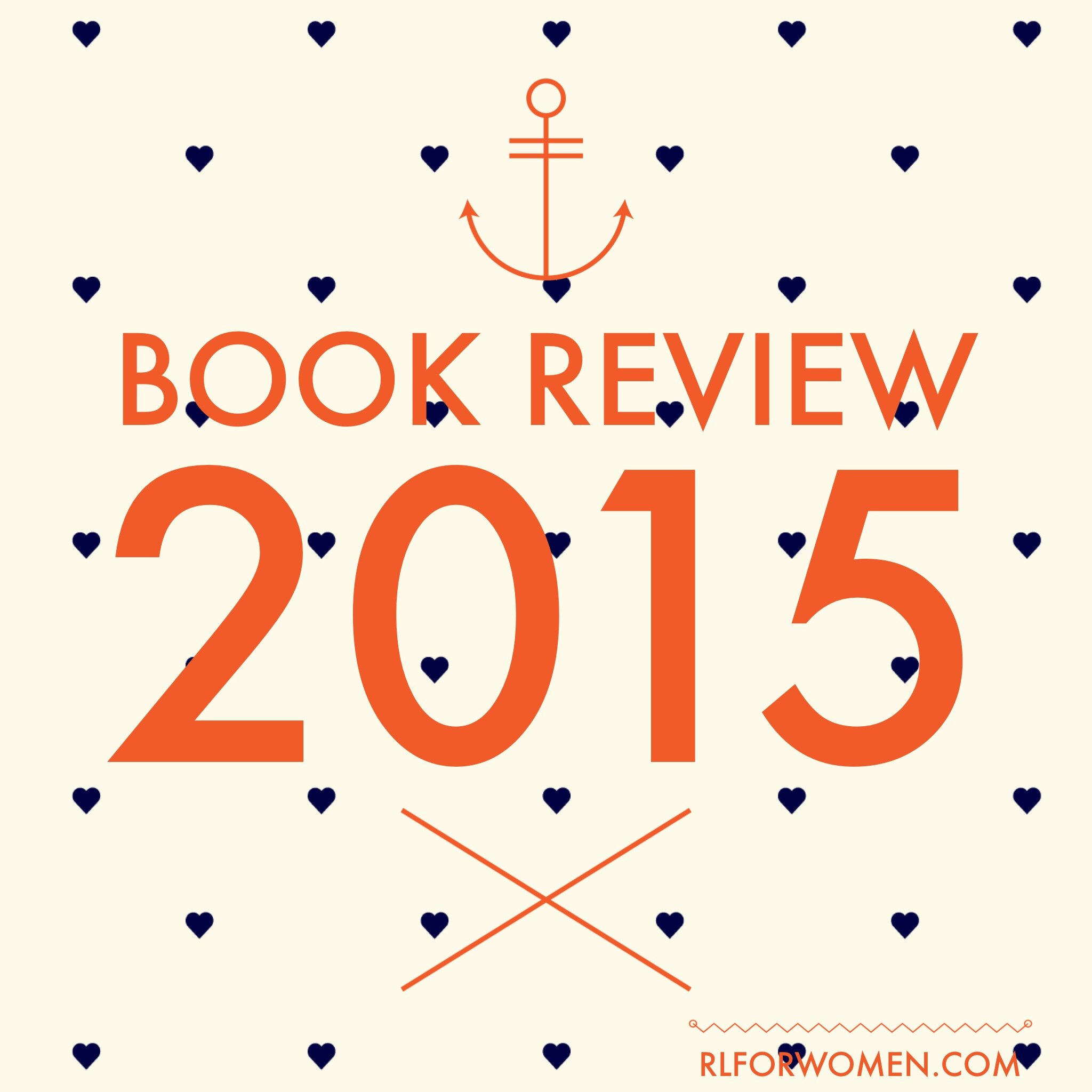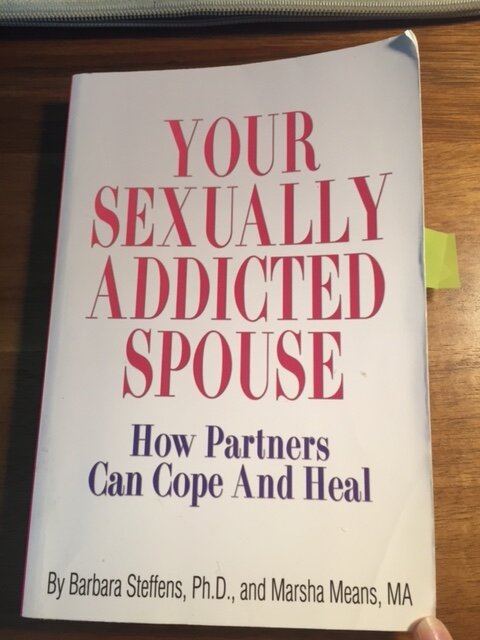Book Review - "Your Sexually Addicted Spouse" by Steffens and Means
It was one of my Go-To Girls, Jill, that came across this book last year. She told me finally, a book that really gets where I'm at. I had never heard of the book and Jill insisted on sending it to me via her Amazon Prime account.This was post-breakdown and I was reticent to engage in any books that weren't uplifting and funny. I think it sat in my queue for a while and toward the end of 2014, I gave it a whirl. And boy, am I ever glad that I did. So here goes the book review...Name of the book: Your Sexually Addicted Spouse: How partners can cope and heal by Barbara Steffens and Marsha Means Trigger Level: Overall - Low. You can read a little bit more as to why I include the trigger level here. I do recall this book triggering me more because it didn't take much to trigger the fear I was feeling last summer. HOWEVER, there is so much truth and wisdom packed into this book so I'd say press on and read on.What I liked about this book:
Trigger Level: Overall - Low. You can read a little bit more as to why I include the trigger level here. I do recall this book triggering me more because it didn't take much to trigger the fear I was feeling last summer. HOWEVER, there is so much truth and wisdom packed into this book so I'd say press on and read on.What I liked about this book:
- One of the things I really appreciated in this book was a little of the back story in Chapter 2 as to how wives of sex addicts came to be labeled as co-addicts and/or co-dependent. The authors go on to propose a new model for wives. Namely, that we have been traumatized. (Pause here while I stand, clap my hands, and say thank you to Marsha and Barbara. Thank you.) This is what the authors say, "We believe that the partner's emotional and behavioral responses to living with a sex addict are better framed and understood as attempts to find safety and security following the most devastating of all traumas: the betrayal of trust." (p26)
- There is a ton of validation in this book. Here are a couple of things:
- "Nothing about living with a sex addict proves easy." (p59)
- "70 percent of women met the symptomatic criteria for PTSD in the response to the disclosure of sexual addiction." (p62) This was from a research study that Steffens performed.
- "healing cannot begin until everyone is operating from a foundation of truth." (p71) It's called a full disclosure, people. How can we pursue whole healing and whole forgiveness if we don't know what we are forgiving or what our husband has chosen to do outside our marriage?!
- Chapter 5 takes a sobering look what trauma can do to our mental health and physical health. This chapter was a little hard for me to read (see Trigger level above) - probably partly because I could relate so much to what the authors described. If anything, it reminded me the importance of working through trauma.
- And that's just the first half of the book. The second half takes the reader through some of the important pieces of the "healing journey." It gives parameters for working through a full disclosure and describes what it might look like to love yourself well as you pursue healing.
- And probably my most favorite quote of the entire book: "It is important to note that ignoring the trauma or determining you will not think about the past or talk about it only results in creating an incubator that allows the wound to fester to the point of becoming debilitating." Amen.
 What I didn't like about this book: For myself, the book felt a little too clinical. That isn't necessarily a bad thing - I'd just much rather feel like I'm sitting across the table chatting with an old friend versus sitting in a lecture hall listening to a really wise presenter. As I contemplate this a little bit more, I recognize that the book felt heavy. It brought me back to a place that I'd sometimes prefer not to revisit. It put to words what I felt. I never thought my story would be one of trauma. Simply labeling what I went through as trauma is difficult to swallow. I never thought that would be me.To that end - I wonder, where is the balance between recognizing our trauma (and healing from that) versus sitting in our trauma, labeling ourselves as traumatized, and using that as a crutch to prevent further healing?This I see as a very difficult balance.Additional Thoughts: I think this book is another one of the must read's. I'd suggest purchasing your own copy and keeping it in your library to refer to as time goes on.Alright, now it's your turn. Any thoughts on this book? Anything that you loved? Anything that didn't sit well with you?
What I didn't like about this book: For myself, the book felt a little too clinical. That isn't necessarily a bad thing - I'd just much rather feel like I'm sitting across the table chatting with an old friend versus sitting in a lecture hall listening to a really wise presenter. As I contemplate this a little bit more, I recognize that the book felt heavy. It brought me back to a place that I'd sometimes prefer not to revisit. It put to words what I felt. I never thought my story would be one of trauma. Simply labeling what I went through as trauma is difficult to swallow. I never thought that would be me.To that end - I wonder, where is the balance between recognizing our trauma (and healing from that) versus sitting in our trauma, labeling ourselves as traumatized, and using that as a crutch to prevent further healing?This I see as a very difficult balance.Additional Thoughts: I think this book is another one of the must read's. I'd suggest purchasing your own copy and keeping it in your library to refer to as time goes on.Alright, now it's your turn. Any thoughts on this book? Anything that you loved? Anything that didn't sit well with you?
